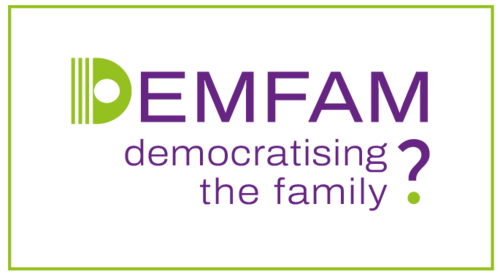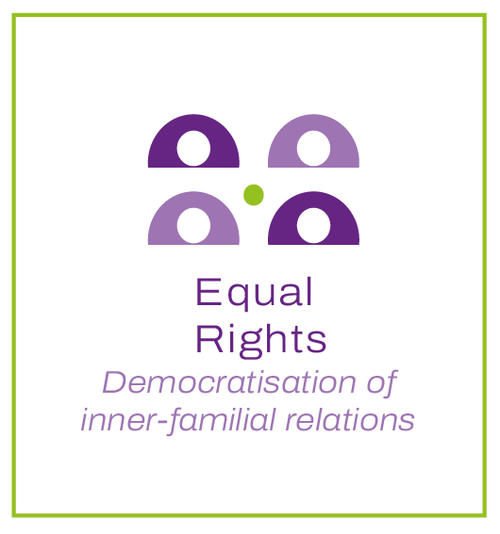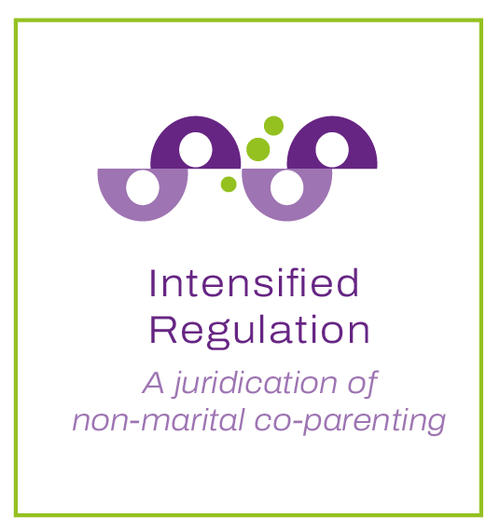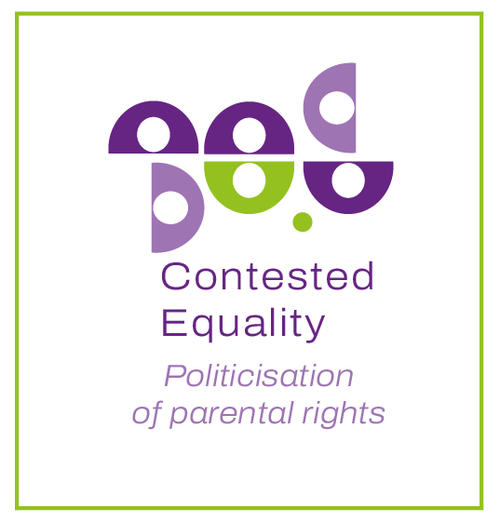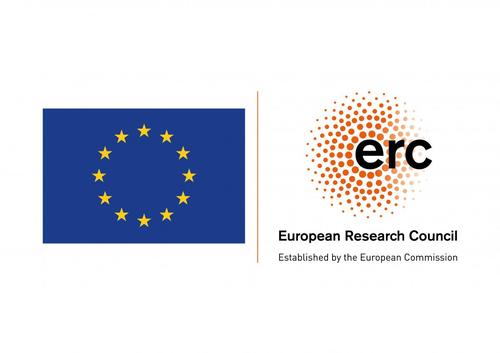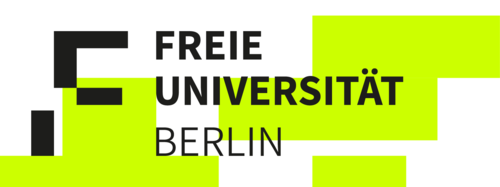Democratising the Family? Gender Equality, Parental Rights, and Child Welfare in Contemporary Global History (DEMFAM)
In today’s rapidly changing world, the traditional dynamics of gender and family are subject to significant challenges. Hierarchical family structures are giving way to more egalitarian ideals, a transformation often referred to as the 'democratisation of the family.' This entails a shift towards equality in parental rights, both within and outside heterosexual marriages. This shift, however, comes with its own set of complex issues and contradictions. Funded by the European Research Council, the DEMFAM project explores the role of parental rights in contemporary gender wars, where issues of gender, sexuality and family intersect with national and religious identity, liberalism, and democracy. The project spans different political-economic and legal systems, providing a unique global perspective on the transformation of gender and the family.
Through the lens of shared and equal parenting, DEMFAM studies the transformation of gender and the family in contemporary global history. First, it studies a shift from hierarchical to egalitarian conceptions of family relations, or a democratisation of the family. This entails the equalisation of parental rights within and outside the domain of heterosexual marriages, which coincided with the harmonisation of the rights of marital and non-marital children. The emergence of post-familial care arrangements, secondly, led to a denser regulation, or juridification of co-parenting. Inner-familial power shifts were accompanied by a reconfiguration of family-state relations. The project investigates the development of judicial and extra-judicial institutions (including family courts, social work interventions, and mediation agencies) which aimed to promote parental cooperation and safeguard child welfare in familial conflict situations. Finally, it shows how parental rights assumed centre stage in the twenty-first century's gender wars, or the politicisation of gender, sexuality, and the family in struggles over national and religious identity, liberalism, and democracy. Read more
DEMFAM analyses these (limited and contradictory) transformative processes across different political-economic and legal systems within a shared global environment. The project develops a social history of law reform on different political scales to understand global dynamics of divergence and convergence in the transformation of gender and the family. It combines the analysis of transnational knowledge circulation (including policy transfer, civil society mobilisation, and scientific expertise) with the comparative study of family change in Europe - specifically in the UK, West and East Germany, Poland and Hungary - and India. Moreover, it looks at international institutions, such as the European Court of Human Rights, as an arena of redefining familial relations. Integrating research on post-colonial legal pluralism, and on (post-)socialist gender and family politics, DEMFAM opens new horizons for global gender history.
